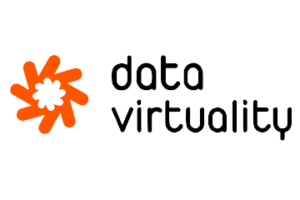WHAT IS DATA VIRTUALITY?
Data Virtuality is a data integration tool that combines the virtualization of data and automated ETL processes. It enables the creation of an agile data infrastructure by extracting, integrating and processing a wide variety of data sources based on SQL. The central data warehouse offers a simple connection for visualization tools such as Tableau and thus a “single source of truth” for all reports.
We, the Hopmann Marketing Analytics team, are expert consultants for agile data integration. As a solution partner for data virtuality, we are happy to provide you with comprehensive advice – from license sales to implementation and ongoing operation.
